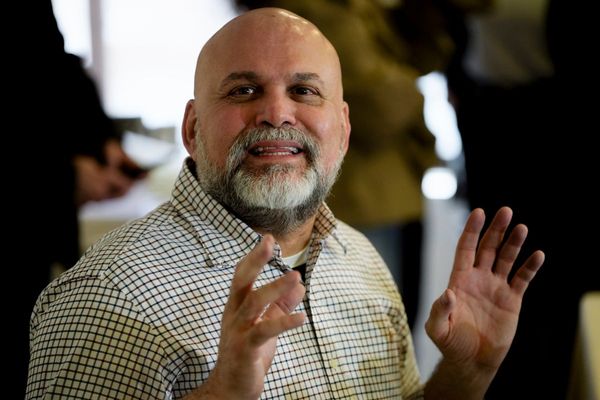Households who still claim certain old-style benefits will be moved over to Universal Credit in the coming months.
This comes as Universal Credit is replacing six benefits in the UK after the mass transfer was paused due to the pandemic. However, as the Mirror reports, the Department for Work and Pensions (DWP) resumed it in May 2022.
During that time, over two million households were still claiming legacy benefits but the DWP has now set a deadline. By the end of 2024, they expect to have everyone moved over to Universal Credit.
READ NEXT: DVLA driving licence warning to those with medical conditions following covid backlog
Most new claimants have not been able to apply for the legacy benefits such as Housing Benefit, meaning they may only apply for Universal Credit.
Which benefits are being replaced by Universal Credit?
Universal Credit is replacing the following six benefits:
- Working Tax Credit
- Child Tax Credit
- Income-based Jobseeker’s Allowance (JSA)
- Income Support
- Income-related Employment and Support Allowance (ESA)
- Housing Benefit
What happens when you move to Universal Credit?
When it is your turn to be moved across to Universal Credit, you'll receive a "migration notice" in the post, to give you a three-month deadline to claim Universal Credit.
However, if you don't start a claim for Universal Credit within this time, your current benefits will automatically stop. You can choose to move over earlier, if you think you will be better off - but you need to do your research first, as you can't move back to legacy benefits. Charities such as Turn2Us and Citizen's Advice will be able to offer advice on what will be best for you.
If there's a change in circumstance such as a change to working hours or if they move home, they may be moved across to Universal Credit. The DWP claims 1.4 million people (55 per cent) will be better off on Universal Credit, and 900,000 (35 per cent) would be worse off, while the other 300,000 benefit claimants will see no change.
Once you make a Universal Credit claim, your old benefits will be stopped and you'll have to wait five weeks for your first Universal Credit payment to arrive. But to help bridge that gap, some legacy benefits - including Housing Benefit, Income Support, income-related Employment and Support Allowance and income-based Jobseeker's Allowance - will "run on" for two weeks.
However, those on Tax Credits will see their payments stop as soon as you claim Universal Credit.
If you are moved over to Universal Credit through managed migration, and you'll be worse off, you will get monthly transition payments which are designed to cover the shortfall. You will get these payments until there is no difference between the amount awarded under Universal Credit and what you received before under the original legacy benefits.
If you claim Universal Credit, you’ll usually get one payment each month and you usually have to manage your claim online.
There are still a number of other benefits you can claim alongside Universal Credit, such as New Style Employment and Support Allowance (ESA) if you're ill or have a disability that affects your ability to work.
READ NEXT:
DVLA issues driving licence warning to everyone aged 70 and over or risk £1,000 fine
Glasgow commuters facing disruption on Monday despite strike cancellation
Aldi and Argos shoppers ditch air fryer for 'energy saving' £60 alternative amid soaring bills
More than 230,000 pensioners urged to check if they are due £9,000 back payments
Celebration Bounty sweet appears on eBay for £26 after news of its removal from tubs







